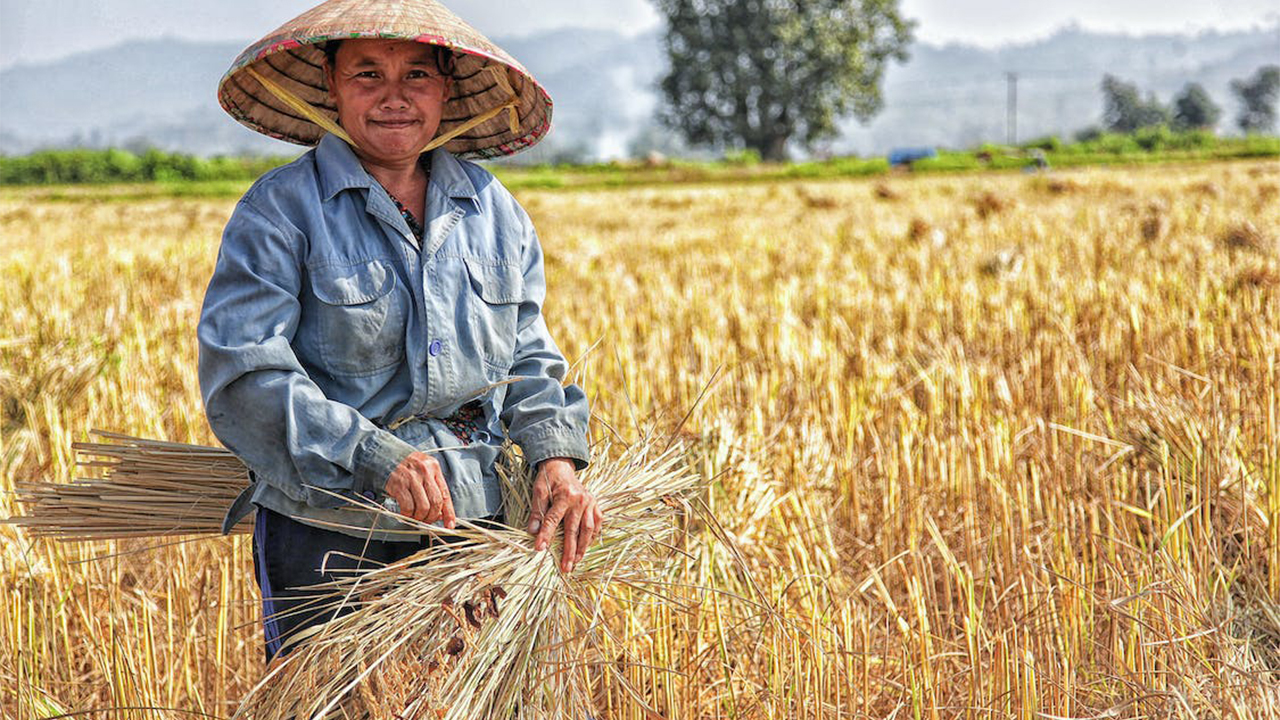India’s decision to levy a 20% VAT on parboiled rice exports has pushed importers and sellers to postpone shipments of approximately 500,000 metric tons until after mid-October in order to avoid paying the tax, three top exporters told Reuters on Tuesday.
Shipments from the world’s largest rice exporter might deplete supplies in importers such as Benin, Ghana, Côte d’Ivoire, and Liberia, raising local prices in those countries, which are already approaching multi-year highs. India, which is battling inflation ahead of state elections later this year, increased restrictions on rice exports on Friday, imposing a 20% levy on parboiled rice till Oct. 15.
Buyers are delaying shipments because no one wants to pay the levy, according to Himanshu Agarwal, executive director of Satyam Balajee, an exporter. Rice exports of approximately 500,000 tons have been halted, according to B.V. Krishna Rao, head of the Rice Exporters Association (REA).
Last week, Indian exporters were supplying 5% broken parboiled type at $450-$455 a metric ton, but have since upped prices to a record $520 to $540, according to exporters, up roughly 40% from a year ago.
Buyers were uneasy about rising prices even before India implemented the charge. Buyers from African countries, according to Rao, cannot afford to buy at the current pricing level. Harvesting of the summer-sown crop will begin in October, bringing down local paddy prices and, eventually, rice export prices, according to Rao.
In 2022, India exported 22.2 million tons of rice, including 7.4 million tons of parboiled rice. Importing countries have few options now that other major manufacturers such as Thailand, Vietnam, and Pakistan have boosted prices in recent weeks, according to a global trade house dealer based in New Delhi. “African buyers believe that delaying shipments and waiting for a price correction is the best bet,” he said.
Lower-income consumers in Asia and Africa historically favored 100% broken rice, which was available for $325 per ton, according to exporters, but India stopped broken rice exports last year. India, which accounts for 40% of global rice exports, halted its major rice export category, non-basmati white rice, in July, fueling a surge in global rice prices.
The impact of India’s rice export prohibition is expected to be felt by millions, with Asian and African consumers bearing the brunt of the burden. On July 20, India, the world’s largest rice exporter, banned the export of non-basmati white rice in order to control rising domestic food prices and “ensure adequate domestic availability at reasonable prices.” The country controls more than 40% of the world’s rice trade.
According to our analysis, Malaysia appears to be the most susceptible, said Barclays in a recent report, noting the country’s significant reliance on Indian rice. “It imports a substantial portion of its rice supply, and India accounts for a relatively large share of its rice imports,” analysts noted.
Singapore is also expected to be affected, since the research indicates that India accounts for almost 30% of the city-state’s rice imports. However, Barclays observed that Singapore is heavily reliant on food imports in general, not just rice. The country is currently requesting exemptions from India’s ban. Rice prices are currently at a decade high, with El Nino threatening world supplies in other key Asian rice producers like Thailand, Pakistan, and Vietnam.
According to Barclays, the Philippines would be the “most exposed to a rise in global rice prices,” because rice has the biggest weighting in the country’s CPI basket. However, Vietnam accounts for the vast majority of the Southeast Asian country’s rice imports.
Rice is a basic food for over three billion people globally, and India accounts for over 40% of global rice exports. Economists say the embargo is only the latest attempt to disrupt global food supply, which have already been hampered by Russia’s invasion of Ukraine and weather occurrences such as El Nio.
They warn that the Indian government’s move will have enormous market ramifications, with the poor in Global South countries bearing the burden.








